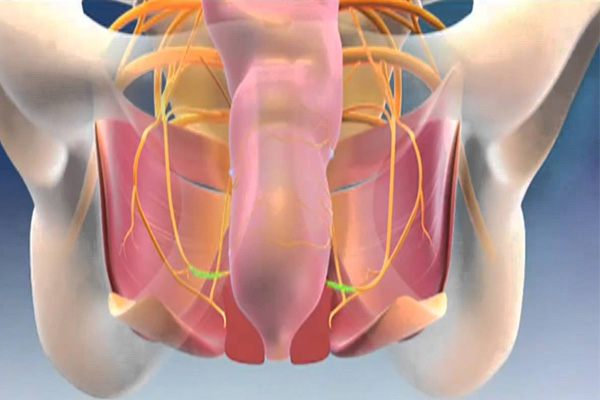What is Fecal Incontinence ?
Fecal incontinence (or bowel incontinence) is an inability to control bowel movements. Persons having fecal incontinence involuntary pass feces (stool) or gas. This creates anxiety, undermines confidence and may result in social isolation.
